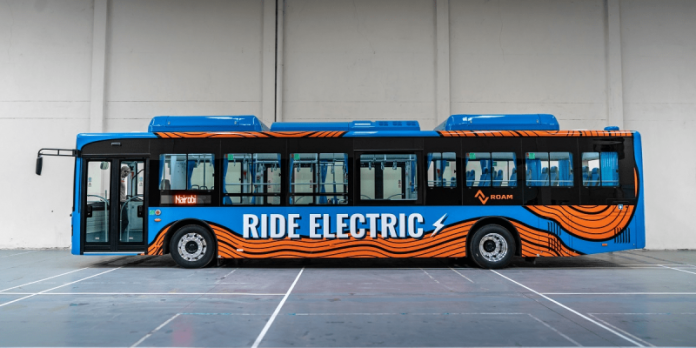It is time electric mobility became the norm in Kenya. This will unlock thousands of new decent jobs, manage our unsustainable cost of fuel and contribute immensely to better health. Thankfully these three are at the heart of Kenya Kwanza’s manifesto. In this regard, I suggest that electric mobility be prioritized by the Ruto administration.
In order to further appreciate why electric mobility is the way to go, let us take a quick trip to Norway.

Imagine paying parking fees that are 50 percent less than normal parking fees. Imagine also driving for free on the Nairobi expressway. This is what happens in Norway for electric vehicle motorists. They pay less parking and zero toll charges, amongst other tax exemptions. It’s no wonder Norway has the highest number of electric vehicles in the world per capita. Indeed, in 2020, electric cars in this Scandinavian country constituted almost 75 percent of all new car sales. The owners of these vehicles spend no money on fuel!
This vindicates the power of policies to boost electric vehicle sales. That’s why Kenya need to act speedily to enact and implement numerous pivotal electric car-friendly policies. For starters, there should be zero rating or exemption of import and excise duties not just on electric vehicles but also on their spare parts, batteries and charging station equipment. Incidentally, Rwanda adopted this policy measure in 2021.
A practical incentive entails reduction of corporate tax from 30% to 20% for the first five years for investors operating electric vehicles assembly plants and charging stations. This would accelerate local production by companies like Autopax Limited. India took similar action in 2017, leading to increased local production of electric vehicles.
For local electric mobility to thrive, there is need for a corresponding local production of advanced batteries. That would significantly reduce electric vehicles’ cost. As such, the Government must incentivize billion-shilling investments into this sector. In February this year, US President Joe Biden’s administration announced plans of investing Shs360 Billion to strengthen U.S. Supply Chain for Advanced Batteries for Vehicles and Energy Storage.
With the right incentives, Kenya can attract multi-billion-shilling investments into local production of advanced batteries.
Even more relevant for Kenya and other African countries, electric motorbikes and motorcycles are now becoming accessible for ordinary consumers. Considering that Boda Boda business is one of Kenya’s mainstays, there is a massive market for ebikes. Their main attraction is their affordability to maintain which is why existing local makers must be fully supported.
Against this backdrop, Honda which is the world’s largest motorcycle manufacturer, plans to introduce 10 or more electric motorcycle models globally by 2025. Further to this, it aims to increase annual sales of electric models to 1 million units within the next five years. This speaks to the broad market opportunities of electric mobility. Just as is the case with electric cars, generous tax incentives will go a long way in enabling and expanding local production of electric motorcycles.
Indeed, electric mobility can reduce our high cost of living as we also create jobs, save lives and boost our economy. Think green, act green!
About the author:
Dr. Kalua Green is the Founder and Chairperson of Green Africa Foundation, an organization that was founded in the year 2000 that champions Sustainable Development in Africa.





